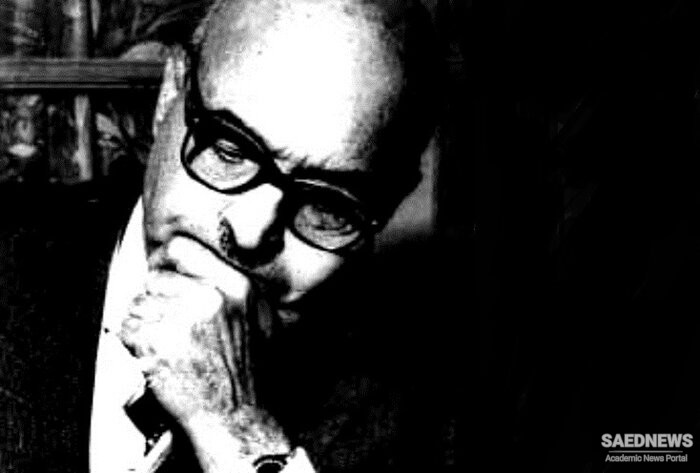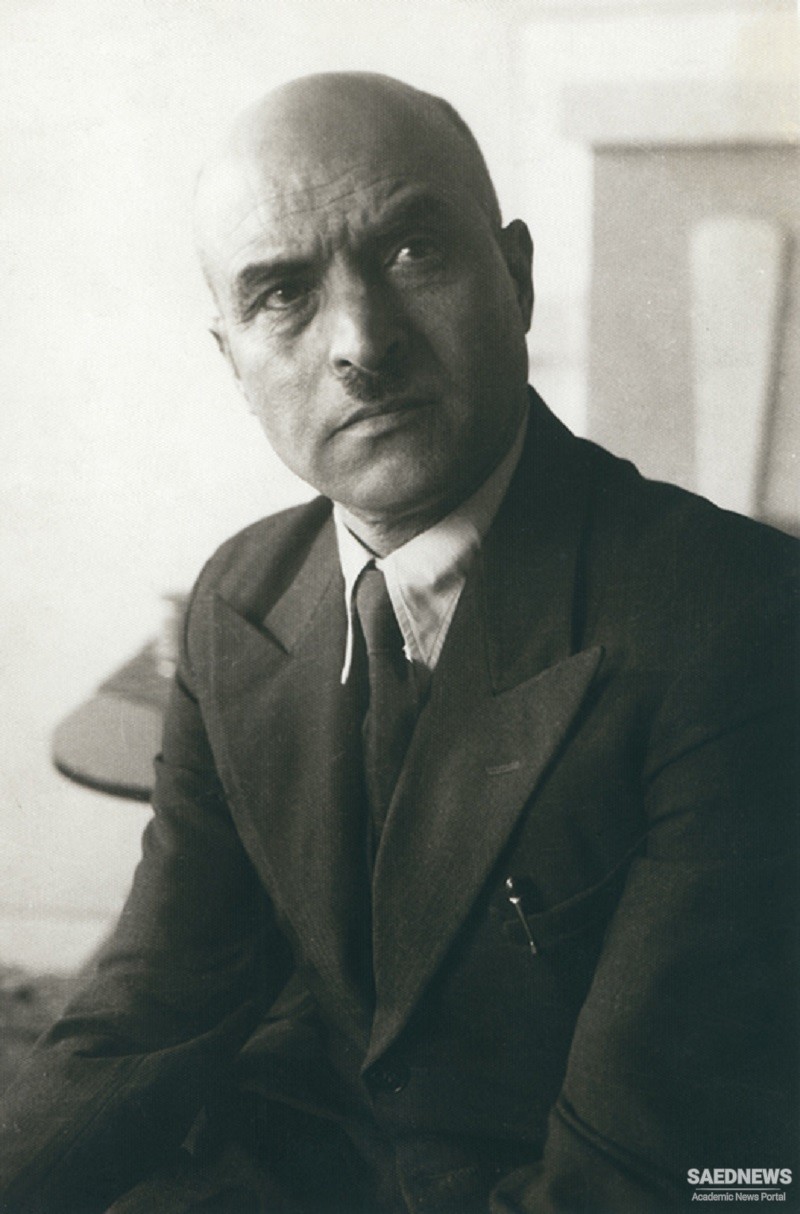On his return to Persia in the early 1920s, Vaziri quickly became the most influential force in the country's musical life. He established a school of music of his own and set about training young musicians according to western methods. He remained faithful to Persian musical traditions but submitted those traditions to what he viewed as necessary reforms on the western model. His tireless activities, in addition to running the school and teaching, included writing books on methods of performance of tar (a second book) and the violin, giving public lectures, organising concerts, and in general promoting his new ideas on the reform of the national music. He wrote numerous compositions for solo instruments, particularly the tar, emphasising technical virtuosity, an aspect of music which the native art had never considered as an end in itself. He also wrote songs and even operettas. The most important of his books was Musiqi-ye Nazari, published in Tehran in 1934. In this book he elaborated on his theory of the 24-quarter-tone scale and gave an account of the twelve dastgdhs (five dastgdhs and seven naqmes, as he calls them), in a highly personal and selective way. All through the twenties and the thirties Vaziri dominated the musical scene. He was 'the' educated musician who articulated theories and had western training. As traditional Persian musicians were reduced, for many generations, to virtually illiterate musicians who knew only how to perform and could not discuss their own music scientifically, the emergence of Vaziri as the one exception placed him in a position of unquestioned authority (The Dastgah Concept of Persian Music).



 Ali Naqi Vaziri: First Iranian Student of Musical Education in Europe
Ali Naqi Vaziri: First Iranian Student of Musical Education in Europe














































